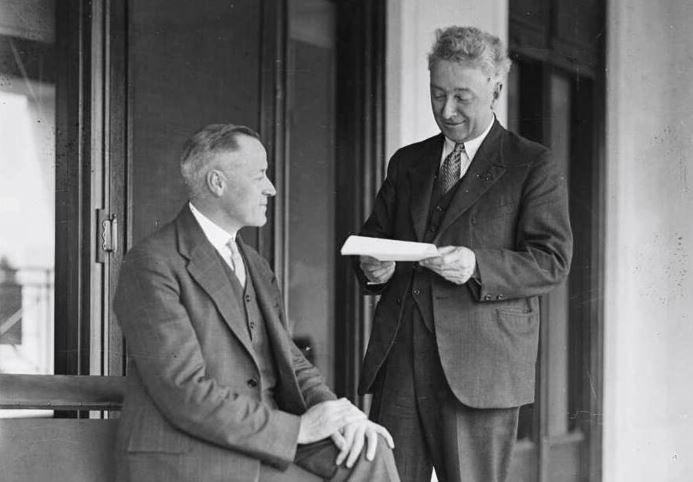Thumpalumpacus
Lieutenant Colonel
I don't think the Japanese would give up on the Yamatos. Even though their carrier doctrine was the most advanced in the world by late 1941, they too had a "gun club" of admirals who defined naval power in terms of BBs afloat and their relative power.

